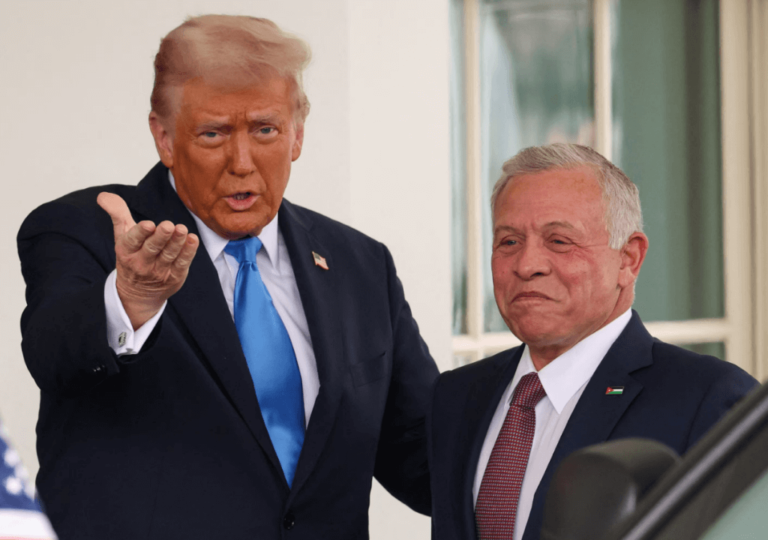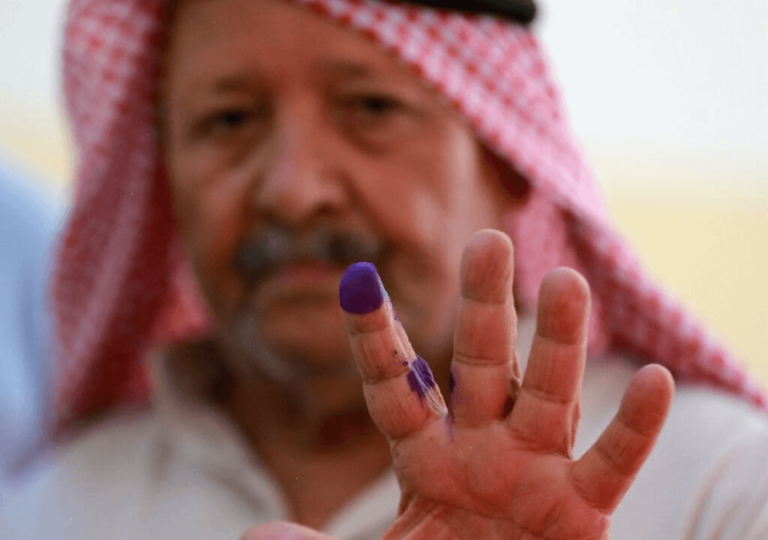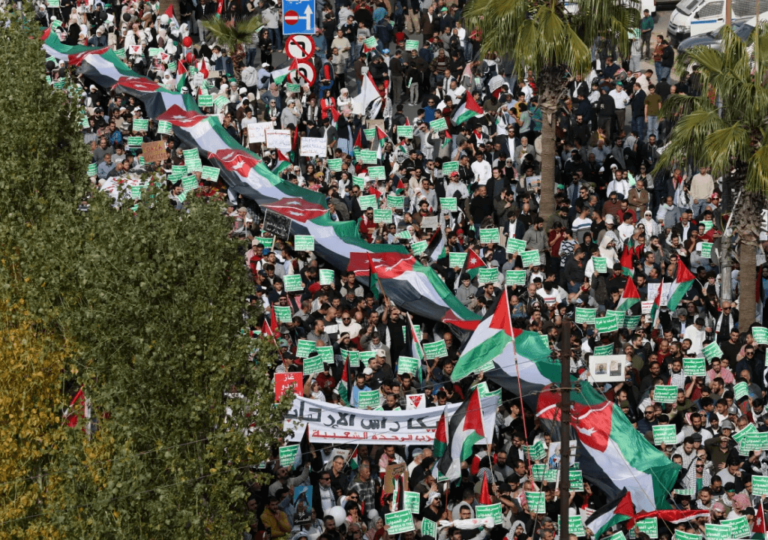Will Jordan Be Forced to Take in Gazans Under Trump’s Plan?

Is Jordan being pressured to accept Gazan refugees under Trump’s plan? As tensions rise, Trump's vision for the region sparks a new crisis for the kingdom.

Is Jordan being pressured to accept Gazan refugees under Trump’s plan? As tensions rise, Trump's vision for the region sparks a new crisis for the kingdom.

Jordan's parliamentary elections saw the Islamic Action Front secure 31 seats, reflecting voter frustration with the political status quo

Rising tensions in Gaza trigger complex responses from Jordan, a key regional player with close ties to Israel and the US, as it navigates public outrage and its own constraints